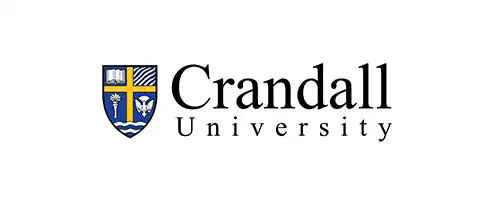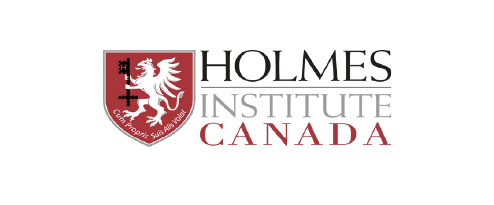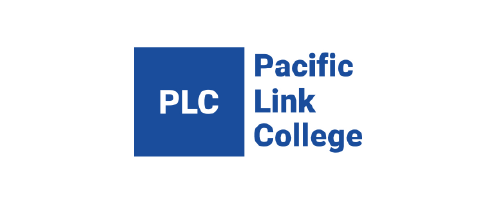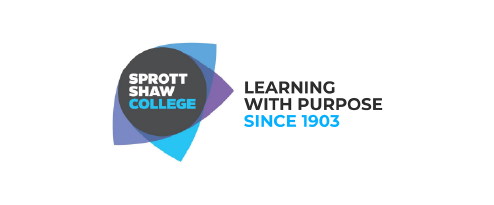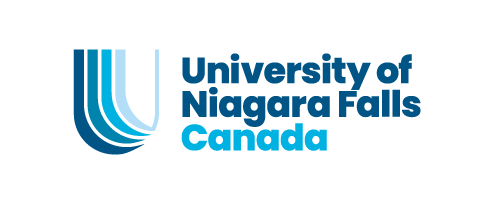Ottawa
CapitalEnglish and French
Language+1
Dialing Code($) Canadian Dollar (CAD)
Currency39 million as of 2023
Population$17,000
Tuition Fees$1,500 per month
Living ExpensesFall | Winter Summer
IntakesWhy Study in Canada?
Canada is renowned for its high-quality education system, offering globally recognised degrees and a diverse range of programmes. The country’s inclusive and multicultural society provides a welcoming environment for international students. Additionally, Canada’s emphasis on research and innovation, combined with its stunning natural landscapes and high quality of life, makes it an ideal destination for academic and personal growth.
Benefits
Affordable Tuition
Make the most of your education experience with lower tuition fee
Cultural Diversity
Multiply your education experience with diverse student environment
Work Opportunity
Learn and earn with part-time work options
Beautiful Landscapes
Explore stunning natural landscapes and vibrant urban cities
High-Quality Education
Experience high-quality education in world renowned universities
Innovative Programs
Access cutting-edge programs and research in diverse fields of study
Explore MetaApply Calculators
Eligibility Criteria
| Academic Qualifications | Equivalent to Canadian secondary education for undergraduate programmes; relevant bachelor’s degree for postgraduate programmes. |
| Language Proficiency | Proof of English (IELTS, TOEFL) or French (TEF) proficiency. |
| Entrance Exams | Some programmes may require standardised tests such as GRE or GMAT. |
Required Documents
| Completed Application Form | Specific to each university. |
| Academic Transcripts | Official copies from all previous institutions. |
| Proof of English Proficiency | IELTS, TOEFL, or TEF scores. |
| Statement of Purpose | Detailing your motivation and goals. |
| Letters of Recommendation | From academic or professional referees. |
| Passport Copy | Valid for the duration of your stay. |
| Financial Documents | Evidence of sufficient funds to cover tuition and living expenses. |
VISA Requirements
| Letter of Acceptance | From a recognised Canadian educational institution. |
| Proof of Financial Support | Bank statements, scholarship letters, or financial sponsorship. |
| Study Permit Application | Completed and submitted online or through a visa application centre. |
| Biometric Information | Required for many applicants. |
| Medical Examination | May be required depending on your country of origin. |
| Passport | Valid for the duration of your study. |
Cost of Study in Canada
| Tuition Fees | Varies by programme and university, generally CAD 15,000 to CAD 30,000 per year. |
| Living Expenses | CAD 22,895 per year. |
| Health Insurance | Around CAD 600 to CAD 800 per year if not covered by provincial plans. |
| Books and Supplies | Around CAD 1,000 per year. |
Please note: All information is sourced from web and the data may vary—kindly refer to official or government websites for the most accurate details.
Countries in Europe
Process of MetaApply
Frequently Asked Questions
The primary intake is in September, with a secondary intake in January and some institutions offering a May intake.
Yes, students with a study permit can work up to 20 hours per week during academic sessions and full-time during scheduled breaks.
Yes, many universities, the Canadian government, and private organizations offer scholarships and financial aid based on merit and need.
After receiving a letter of acceptance from a Canadian institution, you can apply online or through a visa application center for a study permit.
Yes, health insurance is mandatory. Some provinces provide health coverage for international students, while others require students to purchase private health insurance.

Download Destination Guide
Get destination-wise insights, requirements, and university options.













